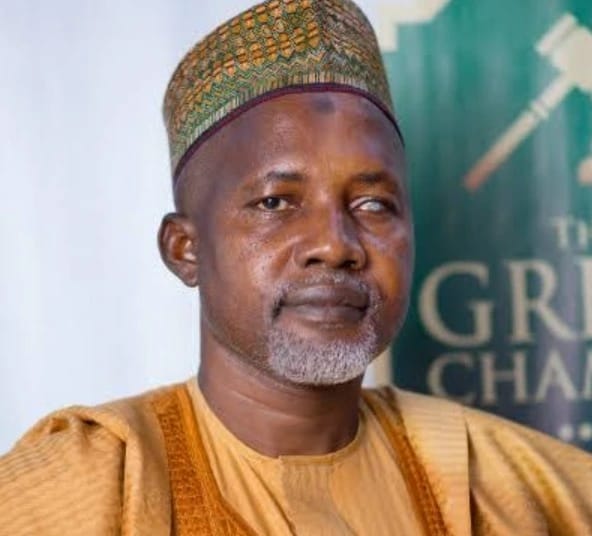No age limit for WAEC, NECO — Federal Government clarifies
Government officials briefing journalists during events marking World Literacy Day. (Feature image suggestion: press briefing photo showing officials on stage.)
The Federal Government has moved to clear public confusion over media reports that suggested an age threshold had been imposed on candidates wishing to sit the West African Senior School Certificate Examination (WAEC) and the National Examination Council (NECO) exams.
Speaking in Abuja during a media briefing to mark World Literacy Day, the Minister of State for Education, Dr. Tanko Sununu, emphasised that there is no age restriction for persons who wish to take WAEC or NECO. Dr. Sununu said the recent controversy stemmed from a misunderstanding of remarks about the age of entry into tertiary institutions and eligibility for the Unified Tertiary Matriculation Examination (UTME).
What the government actually said
According to the minister, statements about an 18-year minimum relate to the standard progression set out in the National Policy on Education — not to the administration of senior secondary school leaving exams. The policy anticipates that a child who starts primary school at six will complete the standard 12 years of basic and secondary schooling by age 18, and therefore be ready for university entry thereafter.
Dr. Sununu told reporters the Education Ministry and its officials, including the Minister of Education, Prof. Tahir Mamman, had not announced any new age-based restriction for WAEC, NECO, or NABTEB candidates. “People have picked up parts of some comments and misrepresented them to mean there is now an age limit for WAEC or NECO,” he said. The ministry, he added, has repeatedly clarified that only UTME and university entry have been discussed in the context of aligning practice with the National Policy on Education.
Context: World Literacy Day and multilingual education
The clarification came as officials gathered to commemorate World Literacy Day 2024 under the theme “Promoting Multilingual Education: Literacy for Mutual Understanding and Peace”. The event placed emphasis on the role of mother tongue and local languages in foundational learning — particularly during the early primary years — as a strategy to improve literacy outcomes across Nigeria’s diverse linguistic communities.
The ministry reiterated that teaching in a learner’s first language up to Primary Three facilitates comprehension and early literacy, after which English is progressively introduced. This approach, officials said, is consistent with research showing that strong foundations in the mother tongue aid later academic success and literacy in second languages.
Remarks from adult education authorities
Also speaking at the event, Prof. Akpama Iboro, Executive Secretary of the National Commission for Mass Literacy, Adult and Non-Formal Education, underscored the significance of multilingual literacy. He described literacy in a multilingual society as more than the ability to read and write in a single language — it is a cultural and social tool that reflects identity, knowledge and community values.
Prof. Iboro said the Commission remains committed to scaling literacy programmes nationwide and adapting approaches to meet the linguistic realities of different regions. He stressed that practical, community-centered learning—often delivered in languages people use at home—remains essential for inclusive literacy progress.
What this means for candidates and parents
The immediate takeaway for prospective candidates, parents and educators is simple: WAEC and NECO remain open to all who are prepared to sit those exams regardless of age. The only change referenced by the government relates to standardising the typical age for university entry and eligibility to register for the UTME, which aligns with the structure of the National Policy on Education.
Students who have taken time away from formal schooling, adult learners, or late starters can still register for and write WAEC and NECO. Those planning for tertiary education should, however, take note of the Ministry’s guidance on UTME eligibility and ensure they meet any age or other requirements announced specifically for UTME registration.
Further reading and official sources
For the full text of policies and official announcements, consult the Federal Ministry of Education and the literacy commission. Reliable background on international literacy observances is available from the United Nations’ World Literacy Day materials.
Related:
More on education policy |
Latest news |
About AlphaYem
Official / external sources:
Federal Ministry of Education (Nigeria),
United Nations — World Literacy Day,
NECO official site
If you found this clarification helpful, share the article or leave a comment below. For updates on exam administration and admission notices, follow our Education section.

